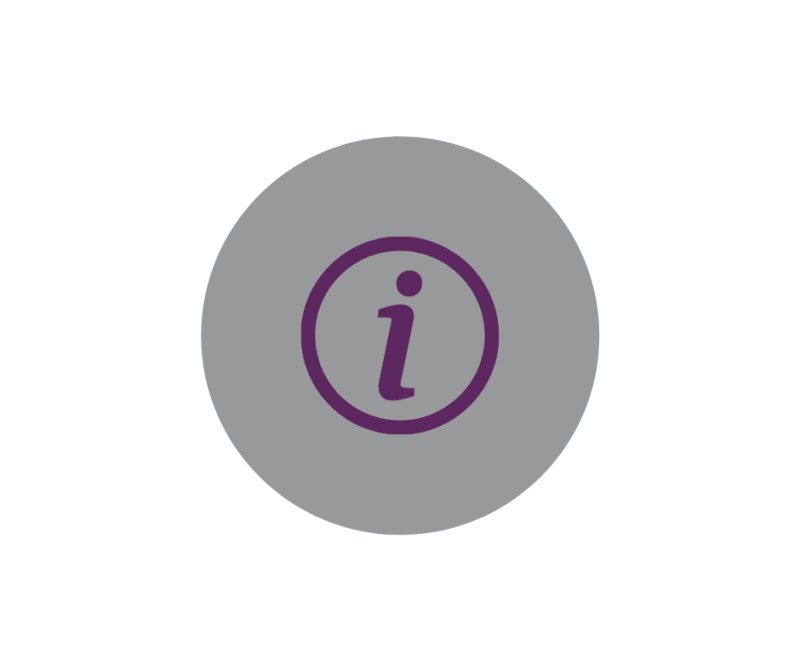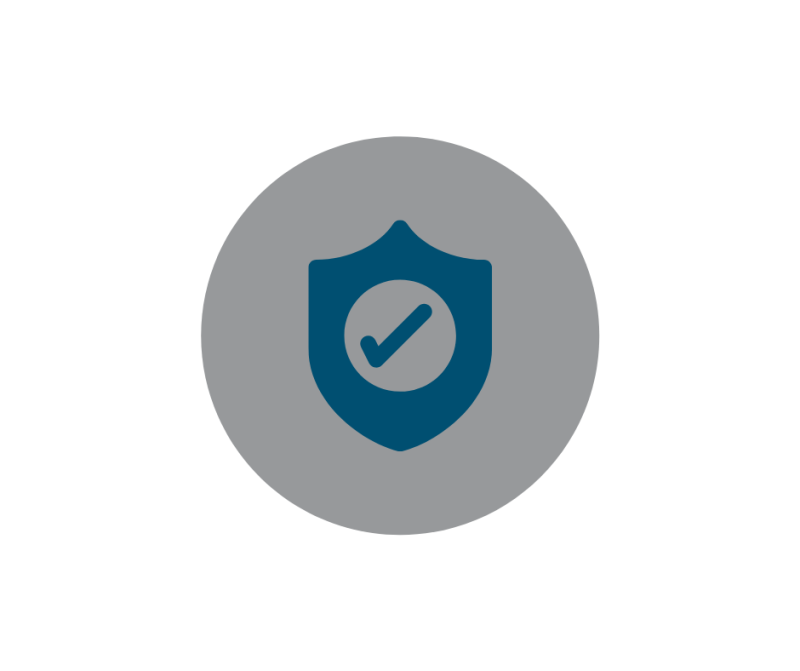YPQI UK
The Youth Programme Quality Intervention (YPQI) supported practitioners to increase the quality of their practice through cycles of peer observation, goal setting, and improvement.
Read on to find out more about our work on the YPQI, including details about the YPQI pilot that ran from 2018-2021, and how we worked to support a more consistent approach to quality and equitable outcomes for young people across the sector.
About the YPQI
The Youth Programme Quality intervention focused on the relationship between adults and young people, and the intentional practices that can support young people to develop their socio-emotional skills. We often refer to this process for young people as ‘SEL’ - socio-emotional learning.
The YPQI centred around an observation tool called the Programme Quality Assessment, or the ‘PQA’. Youth practitioners can use this tool to observe the quality of their practice as a team, and then use data from these observations to identify and action specific improvement goals that correlate to items in the PQA.
The PQA and YPQI were developed by the David P. Weikart Center for Youth Programme Quality in the US. Since 2018, the College has been adapting and piloting the YPQI for use in the UK Youth Work sector.
As well as being a tool for measurement, the PQA also provides a framework for high quality practice. It sets out four key ‘domains’ which represent high quality environments that can enable young people to develop socio-emotional skills (Safe Spaces, Supportive Environments, Interactive Environments, and Engaging Environments.) This video introduces the YPQI and the PQA.
At the College, we are currently building on learning from a pilot of the YPQI in the UK – supporting participating organisations to implement the process, as well as developing our wider efforts to embed a focus on equitable quality and socio-emotional skills development across the sector. The sections below provide information on each of these areas of work.
YPQI support hub

Tools, resources, and guidance for anyone implementing the YPQI at their organisation.


